1 In 4 Americans Ditch Homes And Car Purchases As Tariffs Trigger Economic Panic – Financial Freedom Countdown
A recent Redfin survey reveals that nearly 1 in 4 Americans are scrapping plans to buy a home or car due to President Trump’s sweeping new tariffs.
The economic uncertainty sparked by these policies is leading many households to rethink large financial commitments.
More Than Half Say They’re Holding Off

While 24% of Americans are canceling plans outright, another 32% are delaying them—bringing the total of hesitant buyers to over half of the population. This signals a sharp contraction in consumer activity.
A staggering 55% of survey respondents said they are less likely to make a major purchase this year, including 39% who are “much less likely.” The fear of higher prices and an economic downturn is clearly impacting consumer confidence.
Emergency Funds Are Alarmingly Scarce

Just 34% of Americans said they lack an emergency fund to cover rent or mortgage payments in the event of job loss or financial crisis. That number jumps to 53% among renters, who are especially vulnerable in turbulent economic times.
Households with kids are especially vulnerable. Just 12% of households with children have over a year’s worth of housing saved in their emergency fund, compared to 29% of those without children. These families may be hit hardest in a downturn.
Stock Market Volatility Is Undermining Down Payments
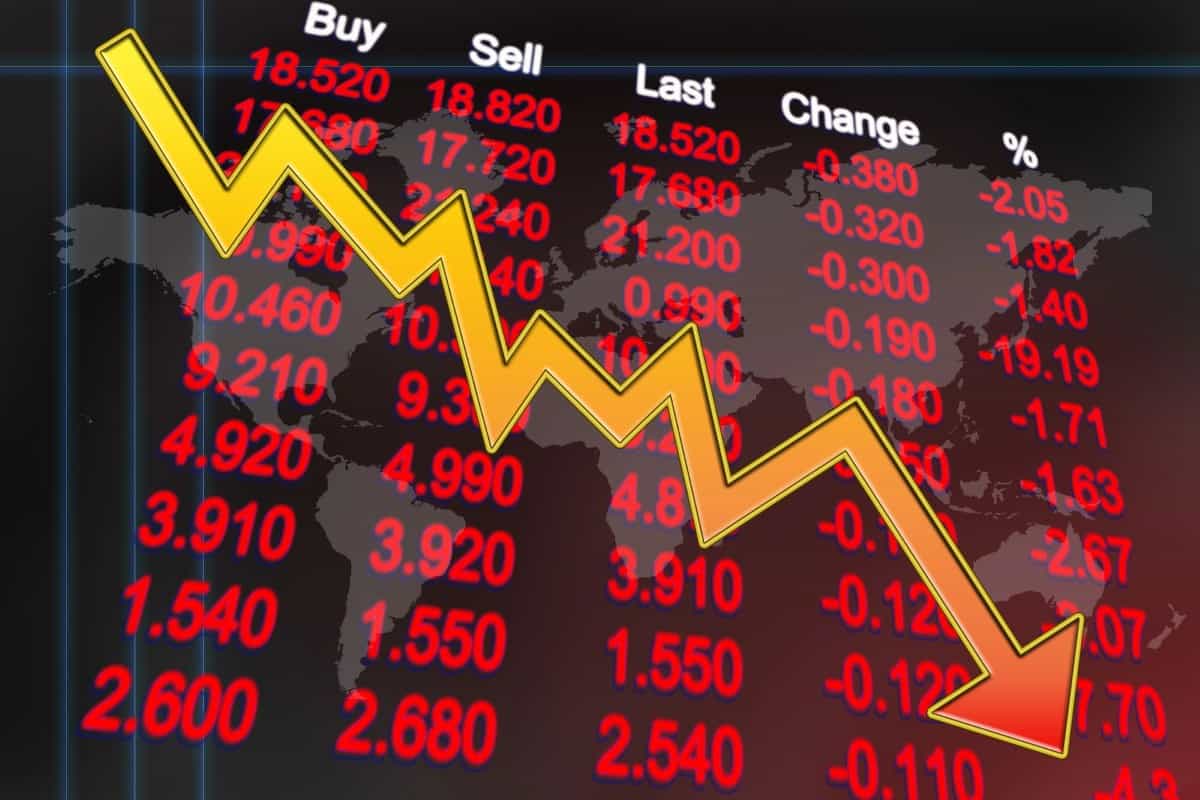
One in five prospective homebuyers said they plan to fund their down payment by selling stock.
But with markets jolted by tariff fears, many may see their savings shrink before they can act.
Homebuyers Face a Double Whammy: Rates and Costs

Mortgage rates have swung wildly, and construction costs are expected to climb due to the tariffs. This could mean fewer new homes and tighter budgets for those who remain in the market.
Younger Americans Show More Resilience—But Not by Much

Among those aged 18–34, 23% said tariffs make them more likely to make a major purchase.
But they’re also the least likely to have sufficient emergency savings, putting them at higher risk if the economy stumbles.
Democrats Far More Likely to Pull Back
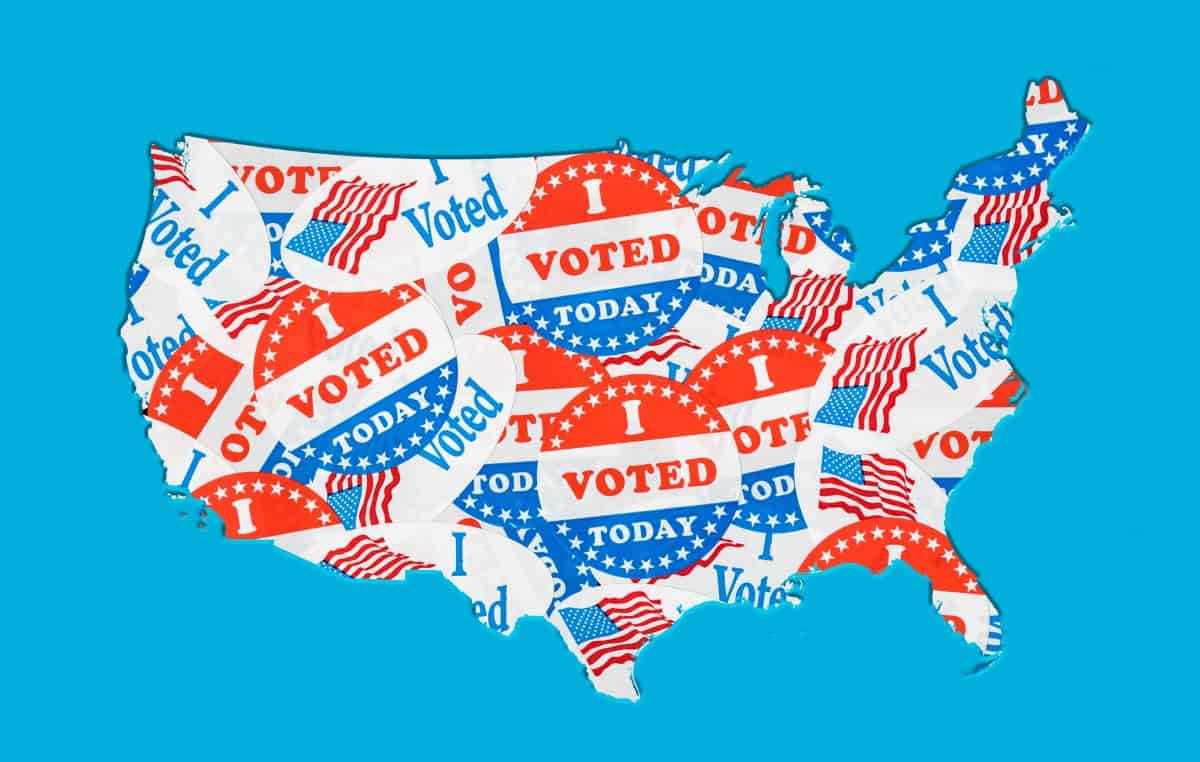
The survey uncovered deep partisan divides: 36% of Democrats are canceling big purchases, and 43% are delaying.
Among Republicans, just 15% are canceling and 21% delaying, showing differing views on the tariff impact.
The Looming Risk of a Recession
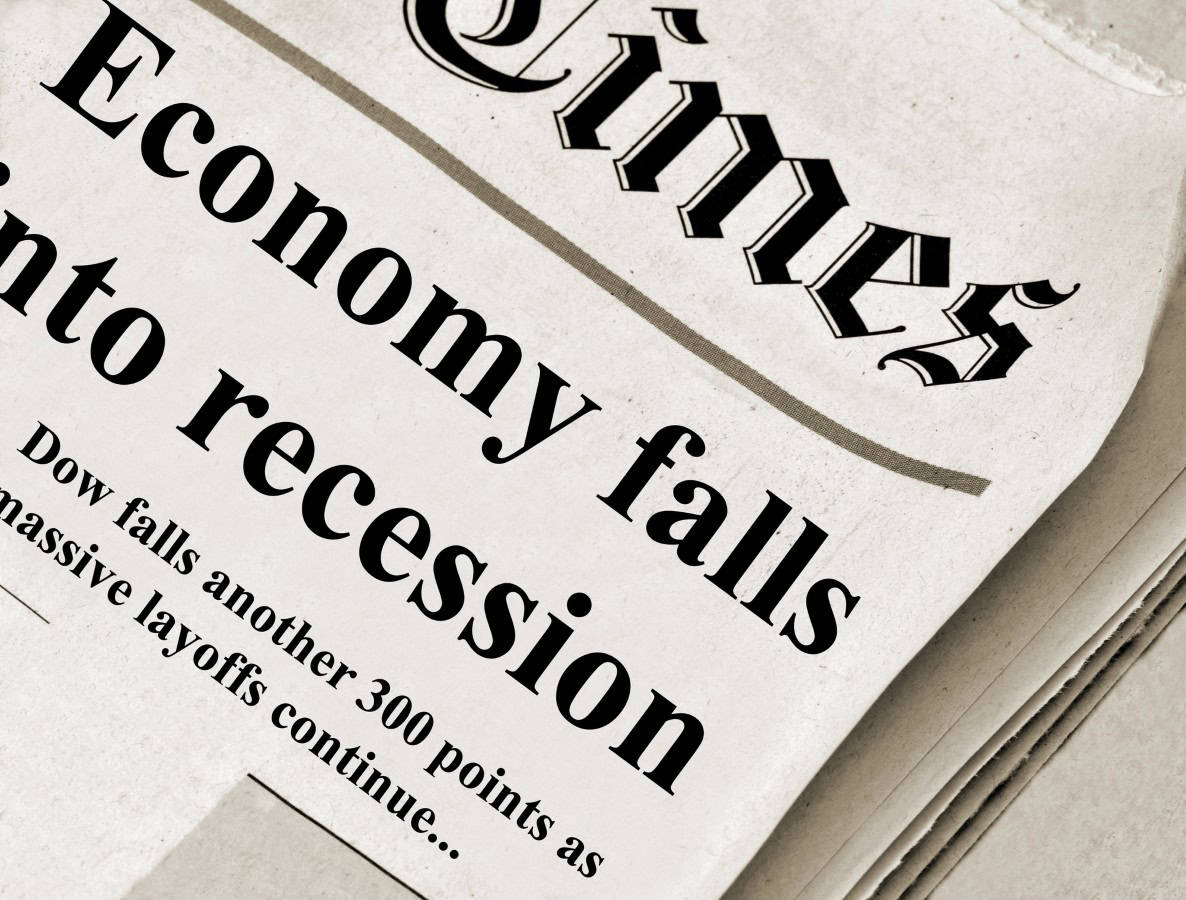
With betting markets pricing in more than a 50% chance of a recession, it’s no surprise Americans are cutting back.
“Betting markets have the odds of a recession at higher than 50%, which is understandably making people wary of putting a big chunk of their money toward a house or a car,” said Redfin Economics Lead Chen Zhao.
“Consumers are tightening their belts because they are rightly nervous about their job security and the prospect of paying more for everyday expenses. There are some potential silver linings for homebuyers: the drop in demand could cause home prices to stay flat, or even fall, and there’s some chance mortgage rates could drop in the next few months.”
A Small Group Moves in the Opposite Direction

Interestingly, 9% of respondents say they’re accelerating plans to make a major purchase, while 8% already acted sooner than expected. These outliers may be trying to beat potential price hikes.
Age Gap in Financial Preparedness

Only 5% of 18–34-year-olds have more than a year’s worth of housing expenses saved.
That compares to 27% of 35–54-year-olds and 32% of those 55 and older—revealing a generational gap in financial resilience.
A Fragile Housing Market Braces for Impact

Lower demand may eventually lead to falling home prices, but that’s cold comfort for builders and sellers facing dwindling interest. The housing market, like buyers, is stuck in wait-and-see mode.
Tariffs Could Become the Defining Economic Issue of 2025

The Redfin-commissioned survey was conducted by Ipsos between April 10-14, 2025. The survey was conducted just days after Trump unveiled a 10% blanket tariff on all imports and a jaw-dropping 145% tariff on Chinese goods. While some of the more aggressive measures are on hold, the impact is already being felt.
As Trump doubles down on protectionism, economic uncertainty could become the story of the year. If consumer confidence continues to drop, so too will America’s appetite for spending.
Like Financial Freedom Countdown content? Be sure to follow us!
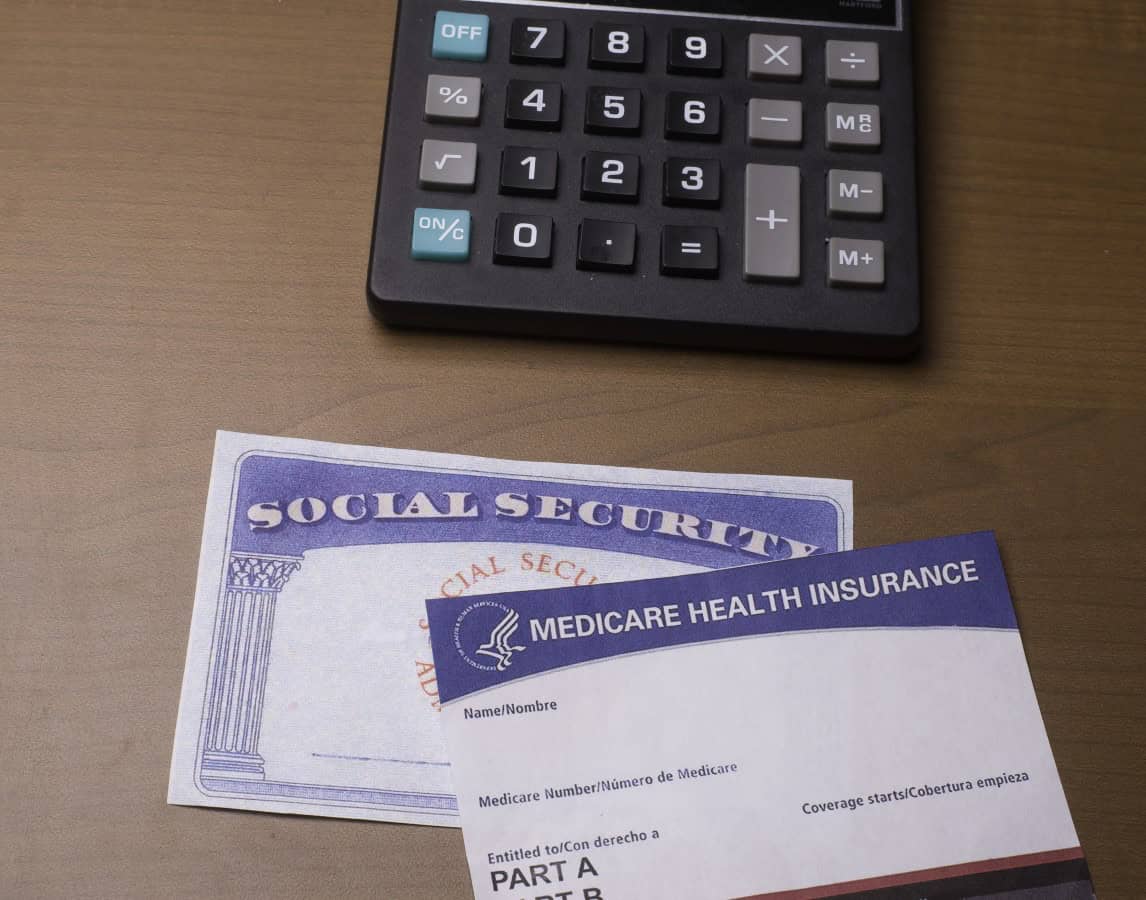
While singles may have fewer Social Security filing options than married couples, smart planning around when to claim benefits can pay off for anyone, including those flying solo.
Maximize Your Benefits: Essential Social Security Strategies for Singles
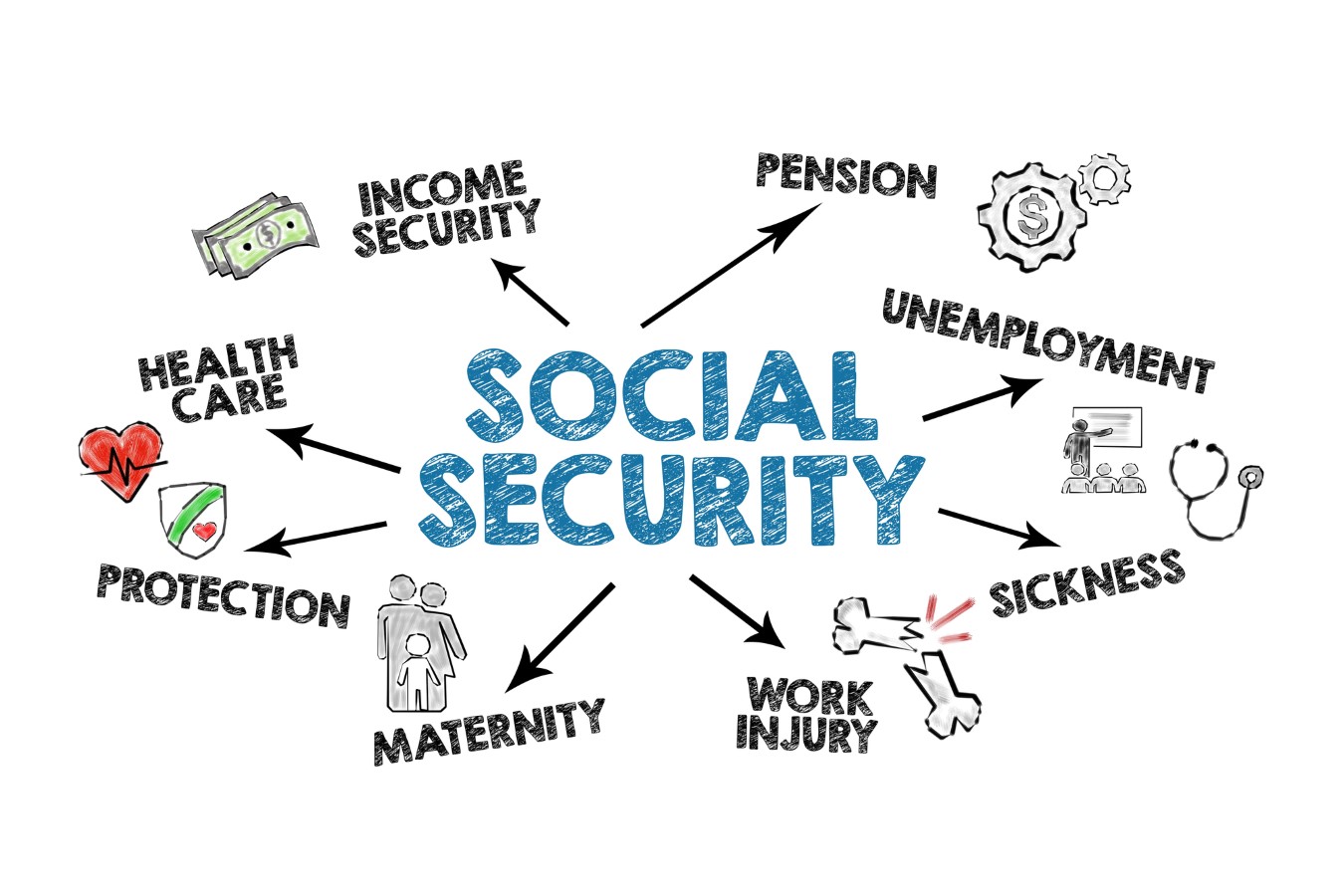
The Social Security Administration (SSA) has reinstated a controversial policy that could significantly impact seniors’ finances. Starting March 27, 2025, the SSA will begin withholding 100% of overpayments from Social Security recipients’ benefits, reversing the previous policy that allowed for just 10% withholding. This change is expected to recover approximately $7 billion over the next decade but has raised serious concerns about the financial well-being of vulnerable Americans.
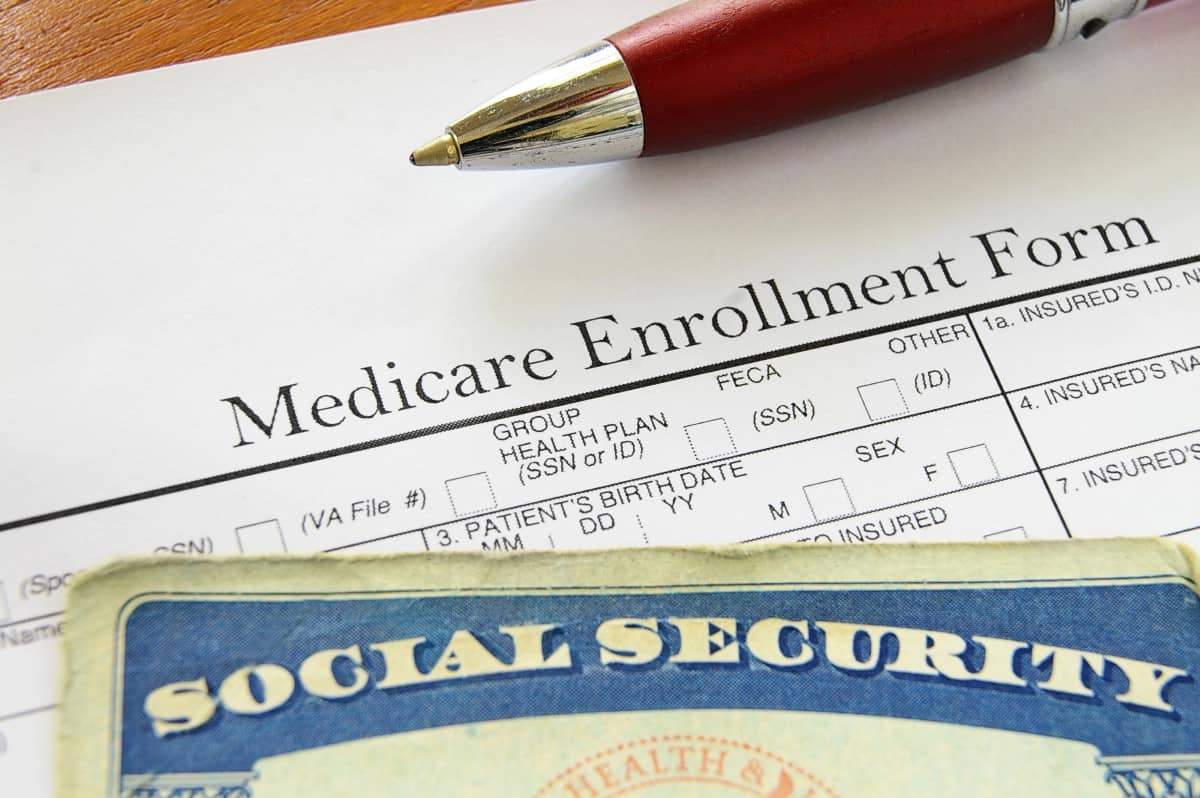
The Trustees of Social Security and Medicare unveiled their yearly financial forecasts for both programs, looking ahead over the next 75 years. The newly released projections for Social Security paint a grim picture of rapid progression towards insolvency in 10 years, underscoring the urgent need for trust fund remedies to avert widespread benefit reductions or sudden adjustments in taxes or benefits.
Social Security Projected to be Insolvent by 2035, Medicare by 2036
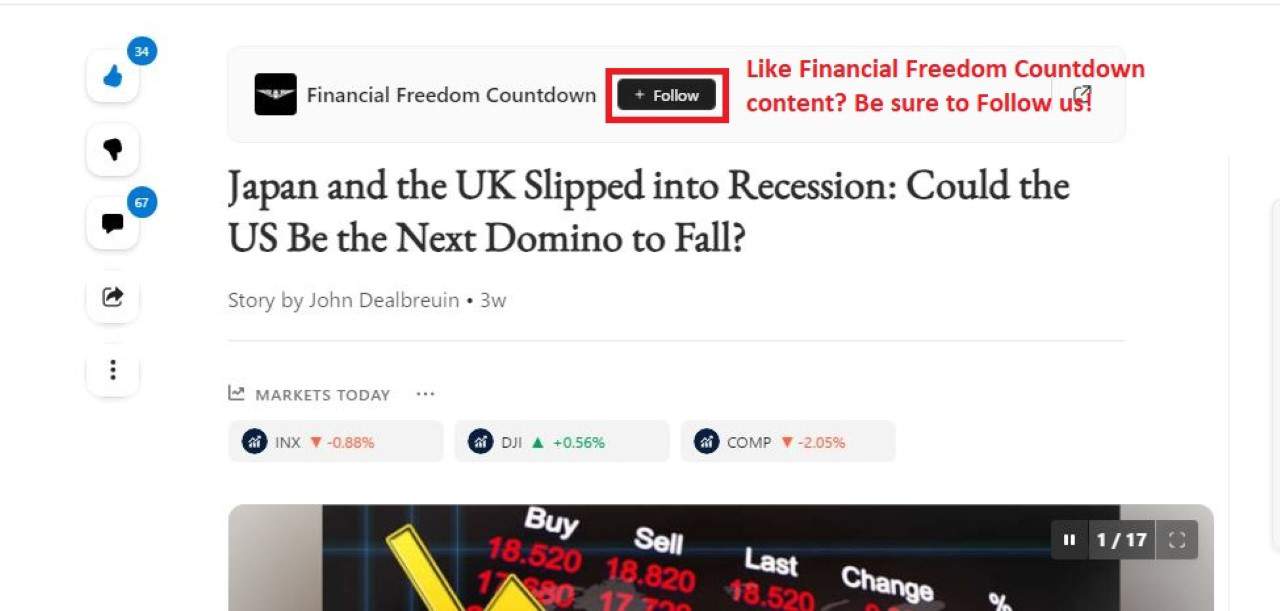
Did you find this article helpful? We’d love to hear your thoughts! Leave a comment with the box on the left-hand side of the screen and share your thoughts.
Also, do you want to stay up-to-date on our latest content?
1. Follow us by clicking the [+ Follow] button above,
2. Give the article a Thumbs Up on the top-left side of the screen.
3. And lastly, if you think this information would benefit your friends and family, don’t hesitate to share it with them!

John Dealbreuin came from a third world country to the US with only $1,000 not knowing anyone; guided by an immigrant dream. In 12 years, he achieved his retirement number.
He started Financial Freedom Countdown to help everyone think differently about their financial challenges and live their best lives. John resides in the San Francisco Bay Area enjoying nature trails and weight training.
Here are his recommended tools
Personal Capital: This is a free tool John uses to track his net worth on a regular basis and as a retirement planner. It also alerts him wrt hidden fees and has a budget tracker included.
Platforms like Yieldstreet provide investment options in art, legal, real estate, structured notes, venture capital, etc. They also have fixed-income portfolios spread across multiple asset classes with a single investment with low minimums of $10,000.